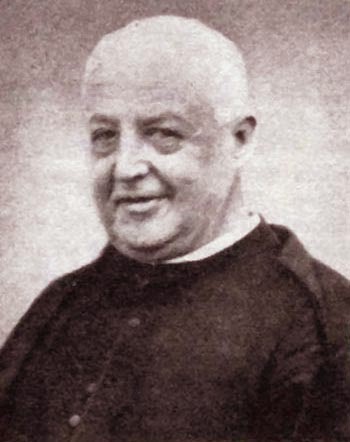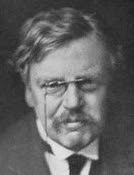
It is a fashion of the day, then, to suppose that all insisting upon precise Articles of Faith is injurious to the cause of spiritual religion, and inconsistent with an enlightened view of it; that it is all one to maintain, that the Gospel requires the reception of definite and positive Articles, and to acknowledge it to be technical and formal; that such a notion is superstitious, and interferes with the "liberty wherewith Christ has made us free;" that it argues a deficient insight into the principles and ends, a narrow comprehension of the spirit of His Revelation. Accordingly, instead of accepting reverently the doctrinal Truths which have come down to us, an attempt is made by the reasoners of this age to compare them together, to weigh and measure them, to analyze, simplify, refashion them; to reduce them to system, to arrange them into primary and secondary, to harmonize them into an intelligible dependence upon each other. The teacher of Christianity, instead of delivering its Mysteries, and (as far as may be) unfolding them, is taught to scrutinize them, with a view of separating the inward holy sense from the form of words, in which the Spirit has indissolubly lodged them. He asks himself, what is the use of the message which has come down to him? what the comparative value of this or that part of it? He proceeds to assume that there is some one end of his ministerial labours, such as to be ascertainable by him, some one revealed object of God's dealings with man in the Gospel. Then, perhaps, he arbitrarily assigns this end to be the salvation of the world, or the conversion of sinners. Next he measures all the Scripture doctrines by their respective sensible tendency to effect this end. He goes on to discard or degrade this or that sacred truth as superfluous in consequence, or of inferior importance; and throws the stress of his teaching upon one or other, which he pronounces to contain in it the essence of the Gospel, and on which he rests all others which he retains. Lastly, he reconstructs the language of theology to suit his (so-called) improved views of Scripture doctrine.
--Blessed Cardinal John Henry Newman, "The Gospel, a Trust Committed to Us",
Parochial and Plain Sermons












